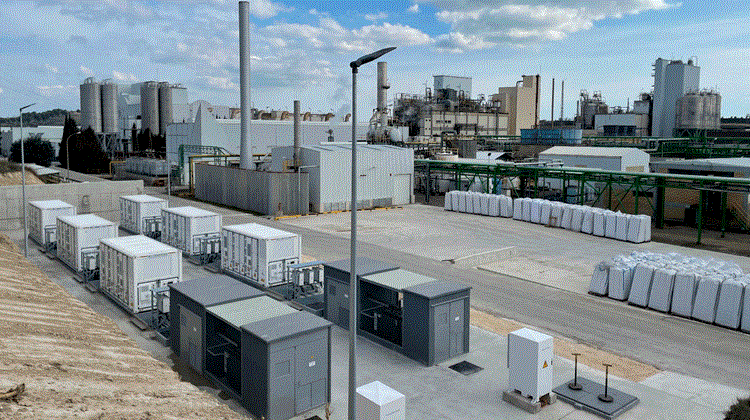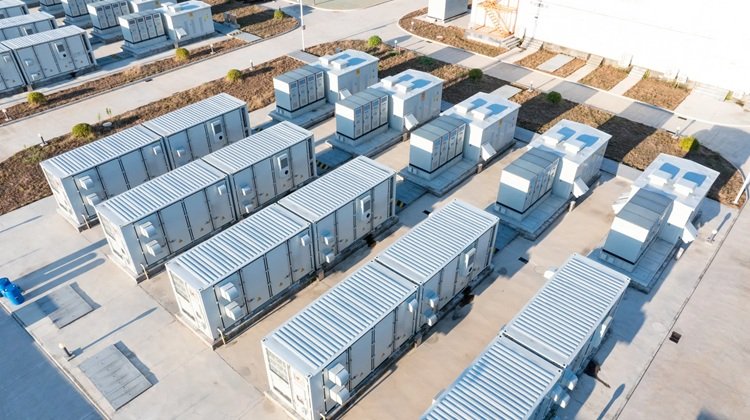Since the nationwide blackout, the Spanish electricity system has been operating under a reinforced security mode implemented by Red Eléctrica to ensure dynamic voltage control, after it was detected that certain generating plants were not meeting technical requirements.
This new operational approach has doubled the activation of backup technologies—mainly gas-fired combined cycle plants—and has triggered a sharp rise in balancing service costs: in May, they reached €26.5/MWh, 84% higher than in the same month of 2024.
The National Commission on Markets and Competition (CNMC) responded with a resolution that prohibits energy retailers from passing these extra costs on to more than 20 million fixed-price customers in the liberalised market, arguing that balancing services do not constitute a “regulated component” of the bill, unlike access tariffs, system charges, or the social tariff.
However, for independent suppliers, this decision threatens the viability of their business models.
Javier Colón Cortegoso, president of the Association of Energy Retailers (ACENEL), stated that fixed-price contracts operate with such tight margins that they cannot absorb a cost increase of this magnitude and nature.
“There are current offers listed on the price comparison sites that were already operating at zero margin before the blackout. If you then add a €10/MWh increase in balancing services, you immediately start operating at a loss,” he told Strategic Energy Europe.
An unpredictable and unhedgeable cost
Colón argues that the cost of balancing services is inherently unhedgeable in financial markets—unlike wholesale market prices, which can be covered through standard derivatives.
“There’s no financial instrument to hedge against this risk. Not even large vertically integrated suppliers have it covered—but at least they can compensate internally through their generation assets,” he adds.
He also points out that this lack of protection places smaller players in a critical position: they are forced to offer highly competitive fixed prices to attract customers, yet lack the generation capacity or economies of scale to absorb such shocks.
The inability to pass on these unforeseen, operational—not contractual—costs has led many suppliers to amend contracts with prior notice, as permitted by the Spanish Electricity Sector Act. However, the CNMC warns that such changes cannot be made unilaterally.
The ACENEL president proposes a structural solution: incorporating these costs into the regulated tariff, as is the case in many other European countries, where grid constraint costs are estimated annually and distributed across consumers according to tariff brackets.
“Otherwise, consumers can’t compare offers properly and fixed-price products will disappear as a viable option for new market entrants,” he warns.
Market concentration and declining competition
This situation reinforces a broader trend towards market concentration in the hands of the major energy groups.
“If the model doesn’t change, only Iberdrola, Endesa or Naturgy will be able to continue offering fixed prices. Everyone else will have to move to indexed tariffs or shut down,” Colón states.
While he rules out an immediate wave of closures, he acknowledges that several companies have already begun transferring these costs or renegotiating contracts to avoid financial collapse. One such example is Gana Energía, which—despite serving hundreds of thousands of customers—has had to implement emergency measures.
It is worth noting that Spain is an exception in Europe in how it treats the cost of balancing services, which are not integrated into the regulated tariff structure as they are in most neighbouring countries.
“This was highlighted in a CNMC report,” recalls Colón, who stresses that in other markets these types of costs are distributed among consumers through regulated mechanisms, allowing all players to “compete on equal footing” and avoiding distortions.
In the absence of a revision of the cost-allocation model—particularly in exceptional situations such as the current one—some sector stakeholders warn that market concentration may intensify, reducing diversity of offerings and narrowing the space for competition.



























